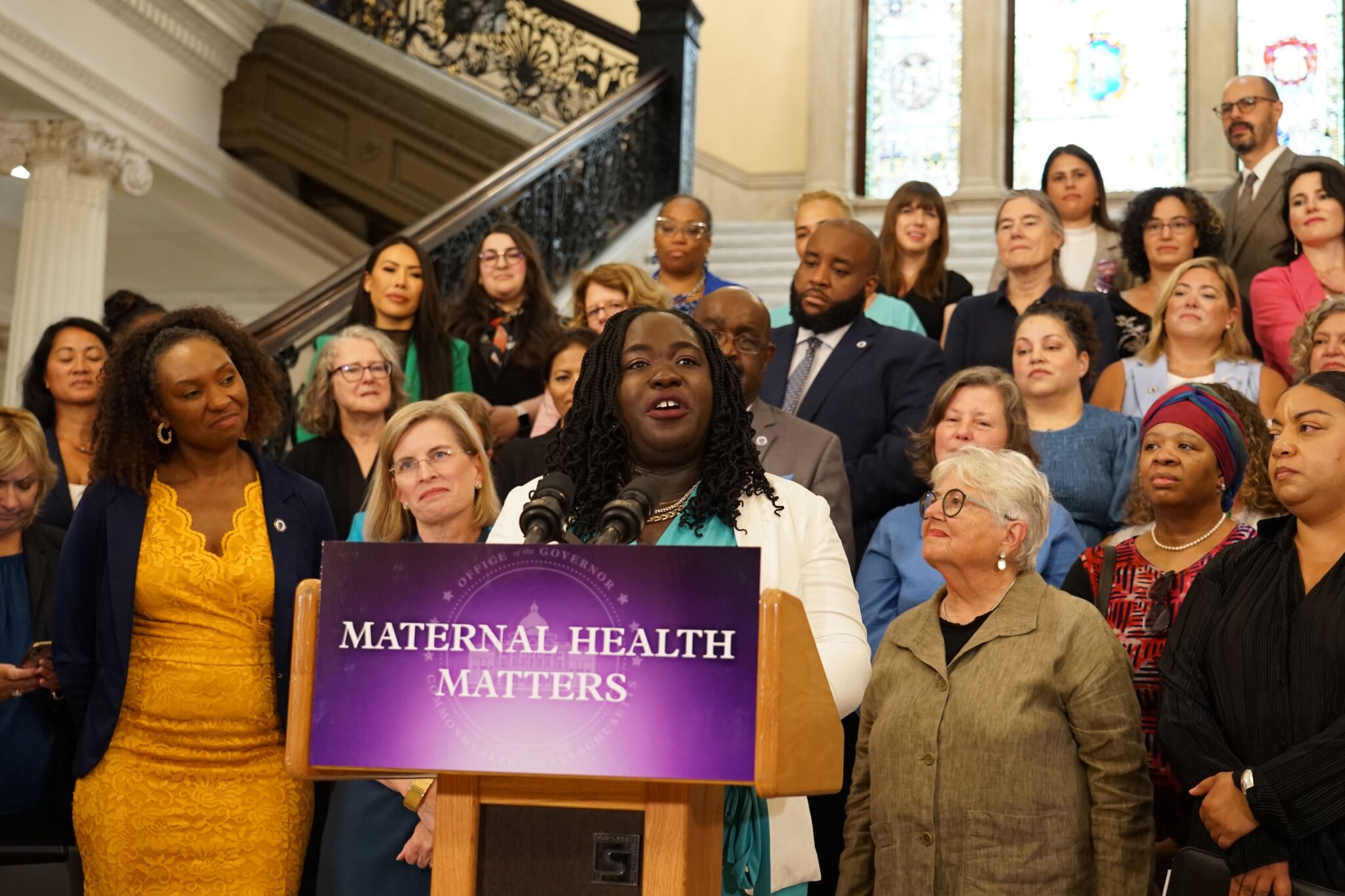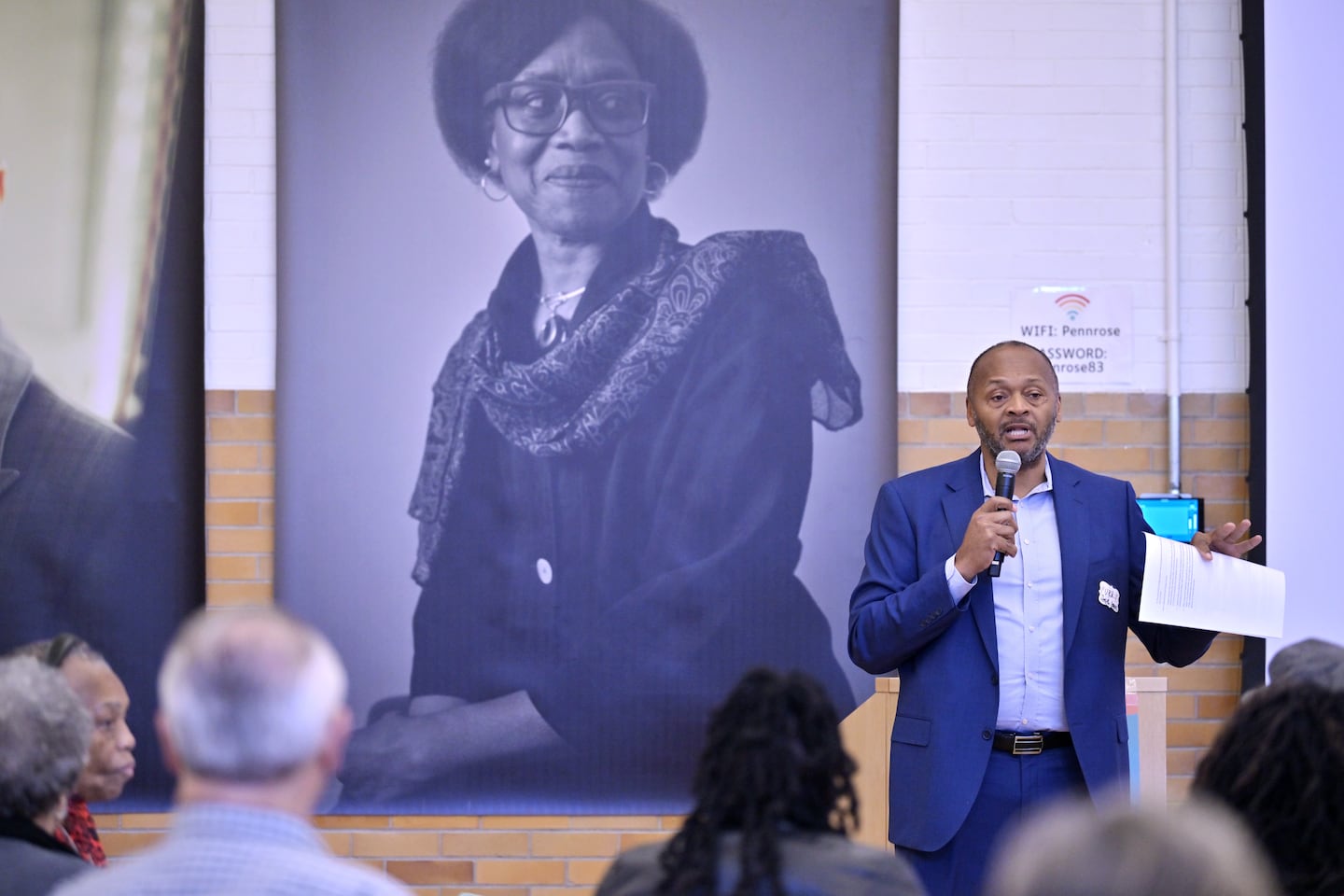Battling Silence: Black Maternal Health Warriors Defy Funding Cuts to Save Lives
Health
2025-04-18 23:27:44Content

In a controversial move targeting diversity, equity, and inclusion (DEI) programs, the Trump administration has taken aggressive steps that could significantly undermine efforts to address racial health disparities. By abruptly terminating critical community health grants and shutting down federal offices dedicated to supporting state-level initiatives, the administration has potentially dealt a severe blow to Black maternal health advocacy.
Health experts warn that these actions will create substantial obstacles in addressing the longstanding and deeply troubling racial inequities in healthcare. The elimination of these crucial support systems threatens to reverse years of progress in understanding and mitigating the systemic challenges faced by Black mothers in accessing quality healthcare and achieving positive health outcomes.
The decision reflects a broader political strategy to dismantle DEI programs across various sectors, with potentially far-reaching consequences for marginalized communities. By dismantling infrastructure designed to promote health equity, the administration risks exacerbating existing disparities and undermining efforts to create a more inclusive healthcare landscape.
Dismantling Diversity: The Hidden Impact on Healthcare Equity and Maternal Health
In the complex landscape of healthcare policy, recent administrative actions have sparked intense debate about the future of diversity, equity, and inclusion (DEI) initiatives. The intersection of political decision-making and public health reveals a critical narrative that challenges the fundamental principles of healthcare accessibility and racial justice.Transforming Healthcare: When Policy Meets Systemic Challenges
The Erosion of Community Health Support
The systematic deconstruction of federal diversity programs represents a profound shift in healthcare policy that extends far beyond bureaucratic restructuring. Medical experts and public health researchers have long recognized the critical importance of targeted interventions addressing racial disparities in healthcare delivery. The termination of community health grants signals a potentially devastating blow to years of progress in understanding and mitigating systemic inequities. Historically, these grants have been instrumental in developing nuanced approaches to healthcare challenges that disproportionately affect marginalized communities. By eliminating these targeted funding mechanisms, policymakers risk creating deeper fractures in an already fragmented healthcare system. The ripple effects extend beyond immediate funding cuts, potentially undermining decades of research and community-building efforts.Maternal Health at the Crossroads
Black maternal health stands at a particularly precarious intersection of these policy changes. Research consistently demonstrates alarming disparities in maternal mortality rates, with Black women experiencing significantly higher risks during pregnancy and childbirth. The closure of federal offices dedicated to addressing these systemic challenges represents more than a bureaucratic restructuring—it's a potential death sentence for vulnerable populations. Medical professionals have long argued that targeted interventions are not just beneficial but essential. The unique health challenges faced by Black women require specialized, culturally competent approaches that recognize the complex interplay of social, economic, and medical factors. By dismantling dedicated support structures, policymakers risk exacerbating already critical health inequities.The Broader Implications of Policy Decisions
The broader context of these policy changes extends beyond immediate healthcare outcomes. They represent a fundamental challenge to the principles of equity and inclusive healthcare delivery. Each administrative decision carries profound consequences for communities that have historically been marginalized and underserved. Researchers and healthcare advocates argue that true progress requires sustained, intentional efforts to address systemic barriers. The elimination of DEI initiatives suggests a dangerous regression, potentially undoing years of carefully constructed support mechanisms. These policy shifts do not occur in a vacuum but reflect deeper societal tensions around race, access, and fundamental human rights.Voices of Resistance and Hope
Despite these challenges, a robust network of healthcare professionals, researchers, and community advocates continues to push for meaningful change. Their work demonstrates the resilience of those committed to addressing healthcare disparities, even in the face of significant institutional obstacles. The ongoing dialogue surrounding these policy changes highlights the critical importance of continued advocacy, research, and community engagement. Each challenge presents an opportunity for deeper understanding and more innovative approaches to addressing systemic inequities in healthcare delivery.RELATED NEWS
Health

Crozer Health's Lifeline: Negotiations Intensify to Preserve Local Medical Facilities
2025-03-26 23:26:34
Health

Breaking: Price Tags Exposed - Could NC's Healthcare Costs Finally Crumble?
2025-03-07 06:57:00
Health

Community Health at Crossroads: Hyde Park Summit Pushes for Neighborhood Medical Revolution
2025-03-23 20:19:39





